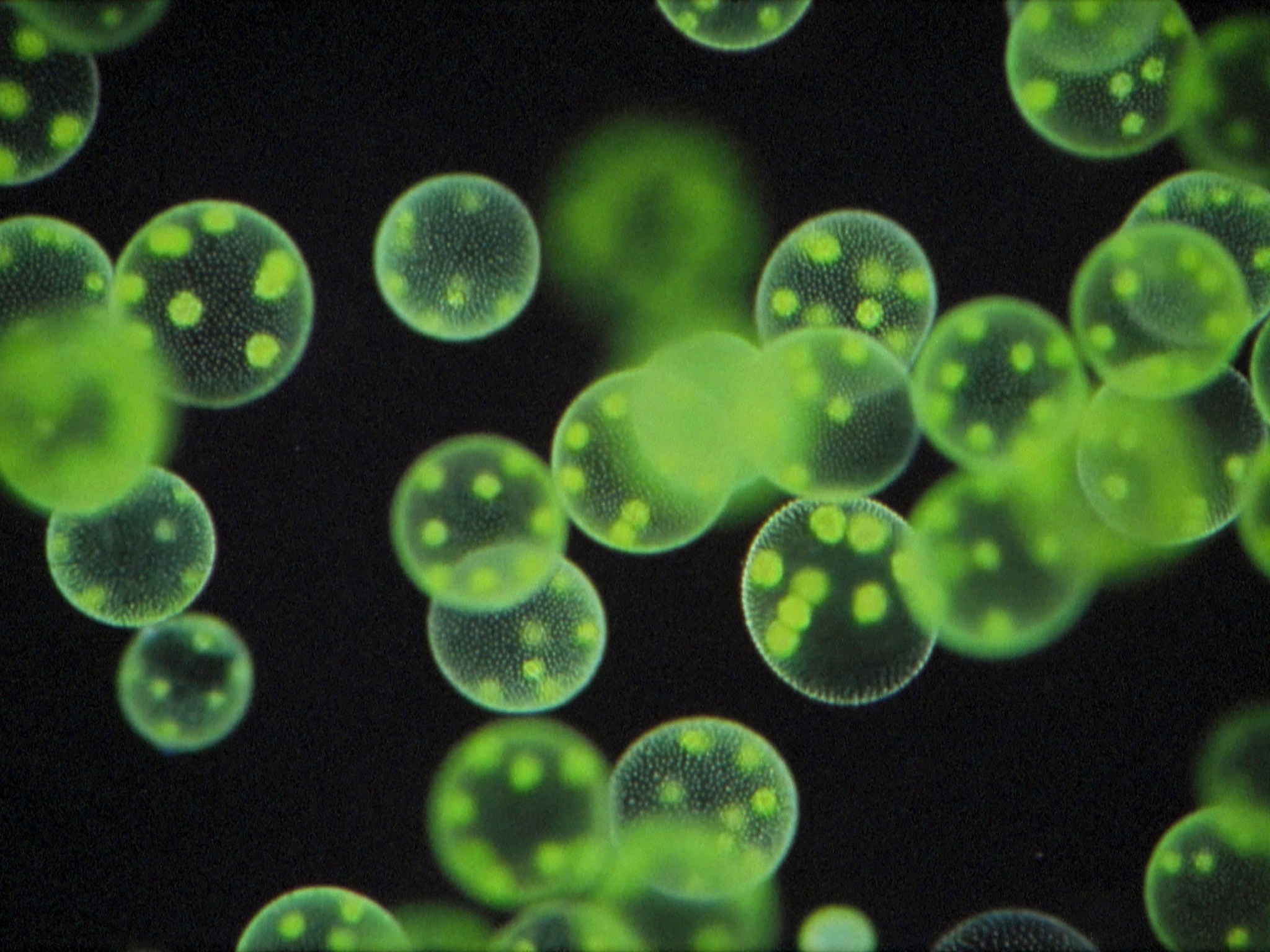Last Things
From before the beginning until after the end;
evolution and extinction from the point of view of
rocks and various future others. The geo-biosphere
is introduced as a place of evolutionary possibility,
where humans disappear but life endures.
The film was catalysed by two novellas of
J.-H. Rosny, joint pseudonym of the Belgian brothers
Boex who wrote sci-fi before it was a genre.
Also key were Roger Caillois’ writing on stones,
Clarice Lispector’s Hour of the Star, Robert Hazen‘s
mineral evolution theory, the symbiosis theory of
Lynn Margulis, Donna Haraway’s multi-species scenarios,
Hazel Barton’s research on cave microbes
and Marcia Bjørnerud’s thoughts on time literacy.
In one way or another, these thinkers have
all sought to displace humankind and human reason
from the center of evolutionary processes.
Passages from Rosny and interviews with
Bjørnerud form the film‘s spine. Stones are its
anchor. We trust stone as archive, but we may
as well write on water. In the end, it’s particles
that remain.
